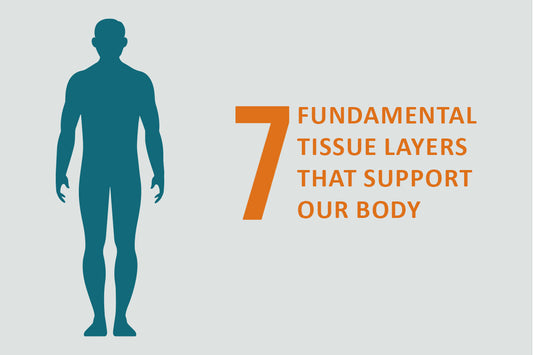Feeling overwhelmed, exhausted, or mentally drained? It might not just be about getting enough sleep. Rest is more than just closing your eyes at night—it’s about restoring different aspects of your body and mind. There are seven types of rest essential for overall well-being. When any of these rest areas are neglected, rest deficits can build up, affecting your mental health, creativity, and overall happiness.
Understanding and incorporating these seven types of rest into your life can help ease exhaustion, restore balance, and bring back the joy in daily activities. Let’s explore 7 types of rest you should be getting to avoid burnout and amplify happiness and see how you can make time for rest in the right ways.
- Physical Rest: Active and Passive Ways to Recharge
Physical rest is not just about sleeping but also includes restful activities that help the body recover. There are two types of physical rest:
-
- Passive Physical Rest – This includes sleep, napping, and lying down to help restore energy levels.
- Active Physical Rest – Activities like stretching, yoga, massage therapy, or gentle movement can help ease muscle tension and support relaxation.
If you often feel physically exhausted, scheduling short breaks, getting a massage, or engaging in slow, mindful movement can help your body feel refreshed.
- Mental Rest: Clearing Your Mind
Do you ever feel mentally drained even after a full night’s sleep? This could be a sign of a mental rest deficit. Constant thinking, problem-solving, and social interactions can leave your brain fatigued.
To help maintain mental clarity, consider:
-
- Taking short breaks between tasks
- Practicing mindfulness or breathing exercises
- Journaling your thoughts before bed to ease mental overload
Giving your mind time to pause can help restore focus and mental energy.
- Emotional Rest: Releasing the Weight of Feelings
Emotional exhaustion often comes from constantly suppressing emotions or carrying the weight of others’ expectations. If you find yourself emotionally drained, it might be time to prioritize emotional rest.
Ways to help ease emotional stress include:
-
- Talking to a trusted friend or therapist
- Setting healthy boundaries in relationships
- Expressing your true feelings without fear of judgment
Allowing yourself to be authentic and vulnerable can help renew emotional energy.
- Social Rest: Balancing Your Social Interactions
Social interactions can be both energizing and draining. While spending time with people you love can restore energy, constantly being around those who drain your emotional strength can lead to a social rest deficit.
To help balance social rest:
-
- Spend time with people who uplift you
- Take breaks from social obligations when needed
- Enjoy moments of solitude to recharge
Recognizing which relationships bring joy and which cause exhaustion can help maintain healthy social connections.
- Sensory Rest: Easing Overstimulation
In today’s digital world, our senses are constantly bombarded with screens, noise, and bright lights. Overstimulation can lead to stress and mental fatigue.
To give your senses a break:
-
- Reduce screen time, especially before bed
- Spend time in a quiet, dimly lit space
- Take breaks from loud environments
Unplugging from digital distractions can help restore a sense of calm and relaxation.
- Creative Rest: Reawakening Inspiration
Feeling stuck in a creative rut? Creative rest is essential for those who use their imagination daily—whether artists, writers, problem-solvers, or anyone needing fresh ideas.
To help refresh creativity:
-
- Spend time in nature
- Enjoy art, music, or literature
- Take a break from routine tasks to allow new ideas to flow
Exposing yourself to beauty and inspiration without the pressure to create can help renew creativity and motivation.
- Spiritual Rest: Finding Meaning and Connection
Spiritual rest goes beyond religion—it’s about finding purpose, connection, and inner peace. Feeling disconnected from a deeper sense of meaning can lead to a spiritual rest deficit.
Ways to help renew spiritual energy include:
-
- Practicing meditation or prayer
- Engaging in acts of kindness or community service
- Spending quiet time reflecting on personal values
Nurturing the soul can bring a sense of peace and fulfillment.
Conclusion
Getting enough sleep is important, but true restoration comes from recognizing and addressing different types of rest deficits. Whether it’s physical, mental, emotional, or social rest, understanding what your body and mind need can help ease exhaustion and bring balance back into your life.
By making time for restorative activities, taking short breaks, and prioritizing the right kind of rest, you can refresh your energy and bring more joy into your daily routine. Start today—listen to what your body and mind need, and take the steps toward a more rested and fulfilling life.






